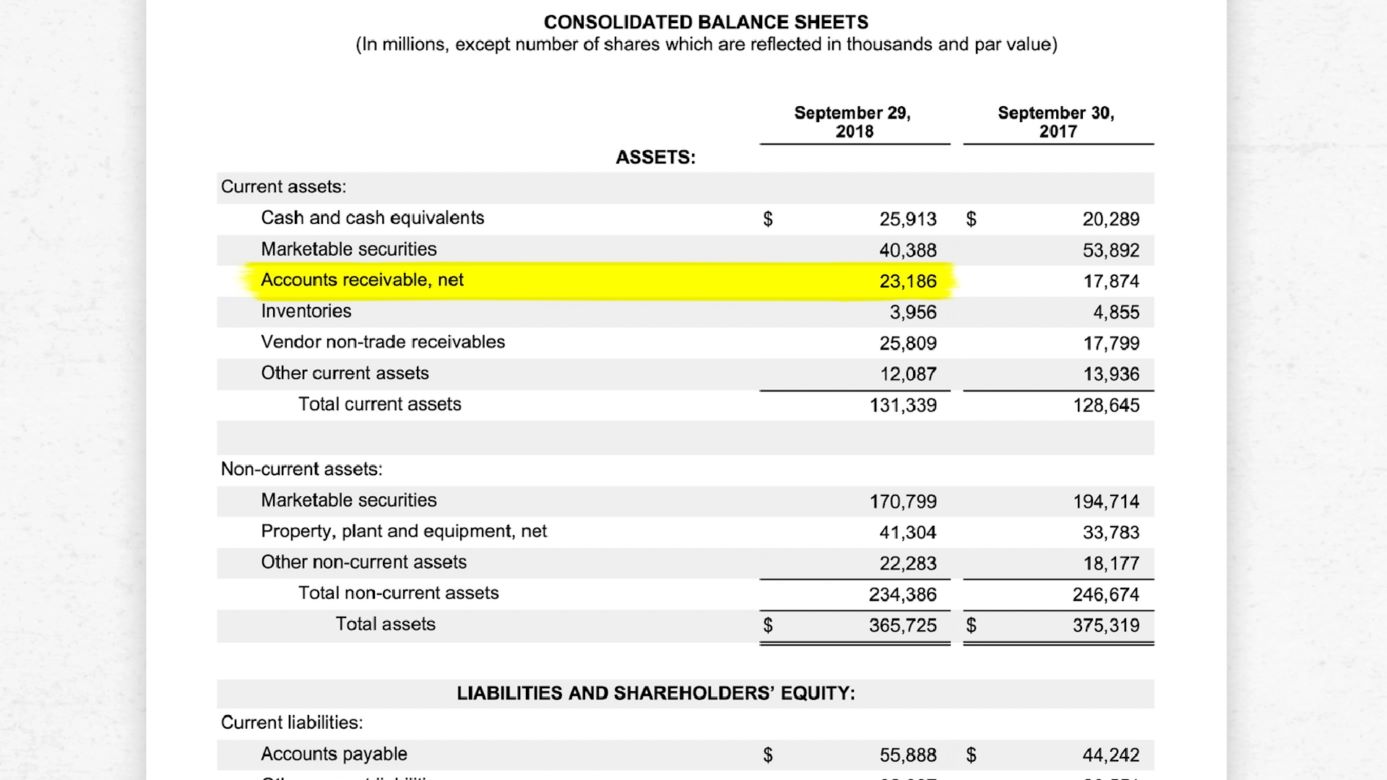Home>Finance>What Is Non-Negotiable? Meaning, Definition, And Examples


Finance
What Is Non-Negotiable? Meaning, Definition, And Examples
Published: December 31, 2023
Discover the meaning, definition, and examples of non-negotiable in finance. Learn why these terms are crucial for financial success.
(Many of the links in this article redirect to a specific reviewed product. Your purchase of these products through affiliate links helps to generate commission for LiveWell, at no extra cost. Learn more)
Unlocking the Secrets of Non-Negotiable in Finance
When it comes to managing our finances, we often come across the term “non-negotiable.” But what does it actually mean? In this blog post, we will dive deep into the meaning, definition, and examples of non-negotiable in the world of finance. So, buckle up and get ready to uncover the secrets of non-negotiable!
Key Takeaways:
- Non-negotiable refers to terms or conditions that cannot be altered, modified, or negotiated.
- These non-negotiable elements act as strict guidelines that ensure the integrity of financial agreements.
In the realm of finance, the term “non-negotiable” refers to certain terms or conditions that simply cannot be altered or modified. They act as strict guidelines that must be adhered to without any room for negotiation. Non-negotiable elements are put in place to maintain the integrity of financial agreements and protect the interests of the parties involved.
Let’s take a closer look at some examples to get a better understanding of non-negotiable in finance:
- Interest Rates: When obtaining a loan or credit, the interest rate is often non-negotiable. Financial institutions set these rates based on various factors such as market conditions, credit history, and risk assessment. As a borrower, you may not have the power to negotiate a lower interest rate.
- Minimum Payment: Credit card companies usually set a minimum payment that you are required to make each month. This minimum payment is non-negotiable, and failing to meet it may result in late fees or other penalties.
- Due Dates: Whether it’s a bill payment or loan repayment, the due dates are often non-negotiable. These dates are predetermined, and missing them can have consequences, such as additional fees or even damage to your credit score.
- Terms and Conditions: When entering into any financial agreement, such as signing a mortgage or leasing a car, the terms and conditions are usually non-negotiable. These terms outline the responsibilities and obligations of each party, and they cannot be altered to suit individual preferences.
It is important to remember that non-negotiable elements exist to maintain fairness, transparency, and consistency in the world of finance. By understanding these non-negotiable aspects, you can better manage your finances and avoid any misunderstandings or complications that may arise.
In conclusion, non-negotiable refers to terms or conditions in finance that cannot be altered, modified, or negotiated. From interest rates to due dates, these non-negotiable elements serve as the foundation of financial agreements, setting clear boundaries and expectations. By understanding what is non-negotiable, you can make informed decisions and navigate the world of finance with confidence.














